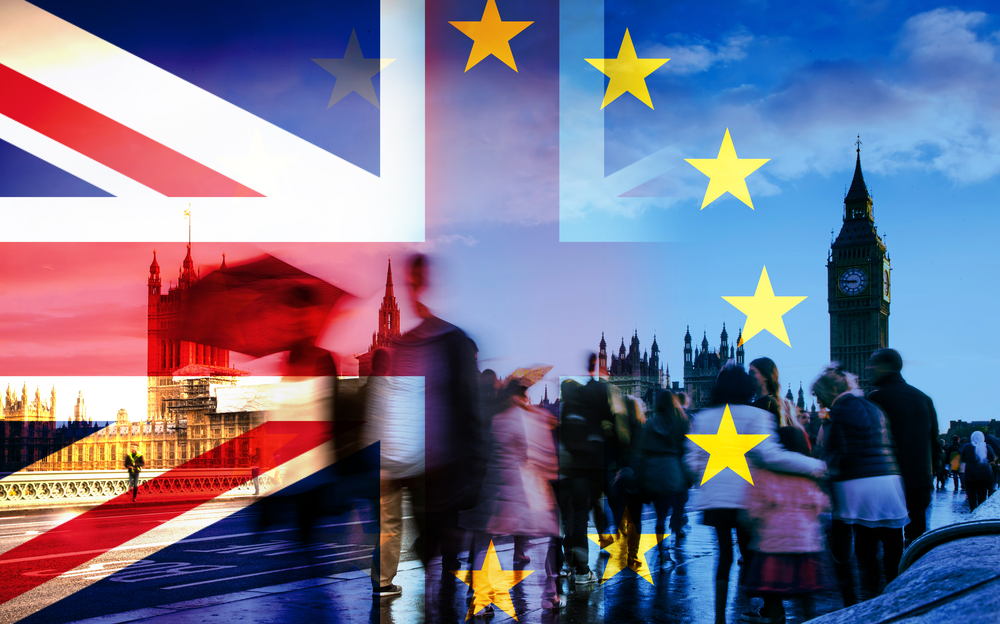Insurance
Brexit day: how travel, shopping and rights may change in the future

The UK officially leaves the EU today. Whether you’re celebrating or commiserating, everyone needs to know how they’ll be impacted in the post-Brexit world.
More than three years after the Brexit vote, the UK has officially left the EU. While some details are still being worked out, the government has signalled some post-Brexit changes that UK consumers need to be aware of.
Below, we summarise the key points as of 1 January 2021:
Passports
On the day you’re travelling to Europe or Iceland, Liechtenstein, Norway and Switzerland, most countries will require you to have at least six months left on an adult or child passport and it must be less than 10 years old. This is even if it has six months or more left on it.
However, these rules don’t apply to travel to Ireland. You can continue to use your passport as long as it’s valid for the length of your stay.
Mobile roaming
Free mobile roaming in the EU may end next year. The government recommends users check with their phone providers to find out about any roaming charges which may be applied from 1 January 2021.
However, a new law means you’re protected from getting mobile data charges above £45 without you knowing. Once you reach £45, you need to opt in to spend more so that you can continue using the internet while you’re abroad. Your phone operator will tell how you can do this.
European Health Insurance Card (EHIC)
The government said the EHIC “may not be valid” and recommends people buy travel insurance with the right cover, particularly for those with pre-existing medical conditions. This is because the EHIC scheme covers pre-existing conditions, while many travel insurance policies don’t.
Driving abroad
Holidaymakers may need to have an International Driving Permit (IDP) to drive in some countries – check the list here. It may mean drivers have to get several IDP’s if visiting a number of countries. Drivers taking their own cars will also need a GB sticker and a green card. You’ll need to allow one month to get this from your insurance company.
If you’re hiring a car abroad, the government said drivers need to check with the car hire company.
Making payments
Shoppers may be charged more for using credit or debit cards to pay for things in euros when buying from companies in the EU, Iceland, Liechtenstein or Norway. Payments may also take longer.
Visas
For short trips, travellers won’t be required to get a visa to visit EU countries, as well as Iceland, Liechtenstein, Norway and Switzerland. The government said you’ll be able to stay for up to 90 days in any 180-day period.
However, visas or permits may be required for longer stays or if you plan to work, study abroad or for business travel.
Package holiday protection
Consumers are protected when buying a package holiday and the company goes out of business. This cover will continue, even if it’s an EU company, as long as the company targets UK customers.
The government adds that if a package holiday firm isn’t established in the UK and doesn’t obviously direct their business at UK customers, then UK citizens should check the terms and conditions to make sure to know what will happen if the company goes bust.
Otherwise, you can claim compensation if you used your credit card as Section 75 protection will continue for payments between £100 and £30,000.
Pet travel
The government recommends allowing at least four months to arrange pet travel as the existing pet passport scheme won’t be in use from 1 January 2021. Pet owners will need to contact their vet at least four months in advance to arrange a number of visits such as microchipping, blood samples, rabies vaccination and an animal health certificate.
Dan Hutson, head of motor insurance at comparethemarket.com, said: “Now that Britain is officially out of the EU, there will inevitably be some concerns about what this means. The first thing to note is that nothing will change immediately after today.
“Any holidays or driving trips to Europe which you have planned in the near future, will not change as a result of today and the biggest impact is likely to be how many euros you get for your pounds.
“Holiday-goers should bear in mind, however, that the status quo will not last forever. The transition period will finish at the end of this year so, if you are planning a holiday or trip to Europe next year, it will be important to check how the rules may have changed to avoid ending up under-insured, or subject to different terms and conditions. After years of debate, we are coming to the point where the rules could shift, so people should keep that in mind when booking holidays or travelling to Europe from 2021.”